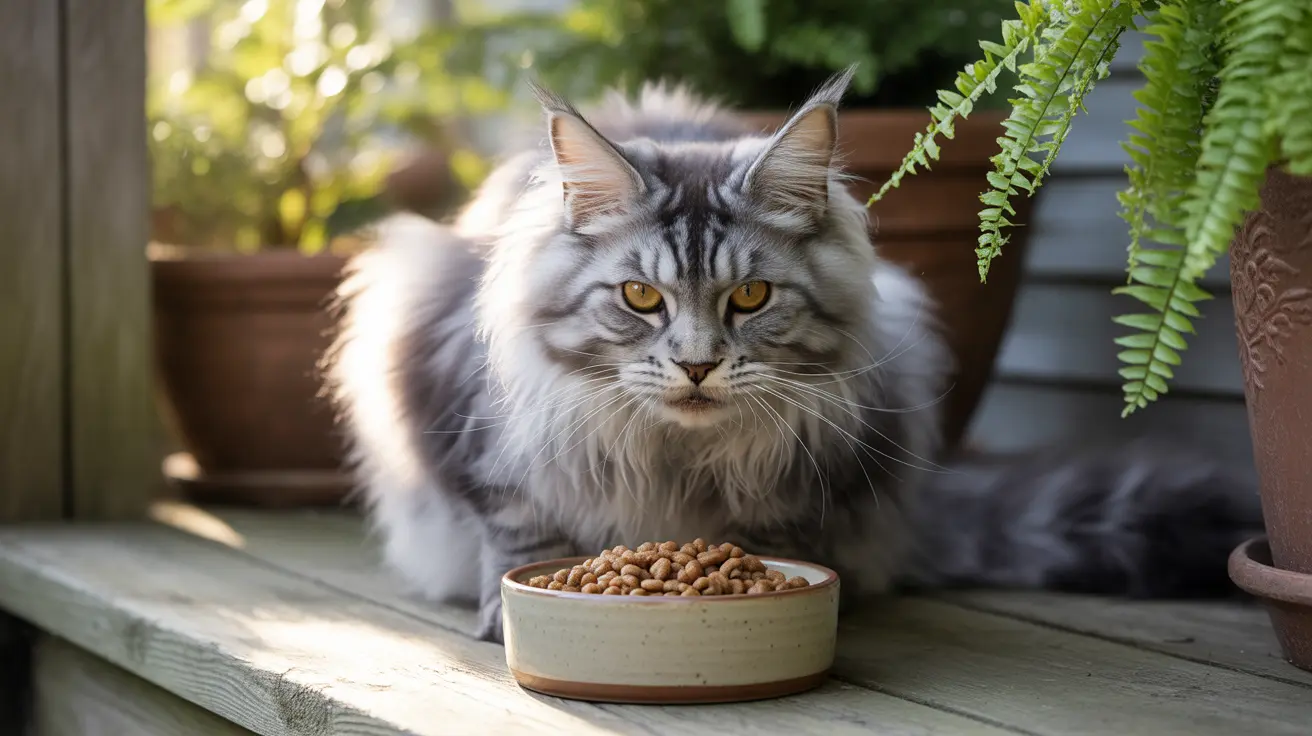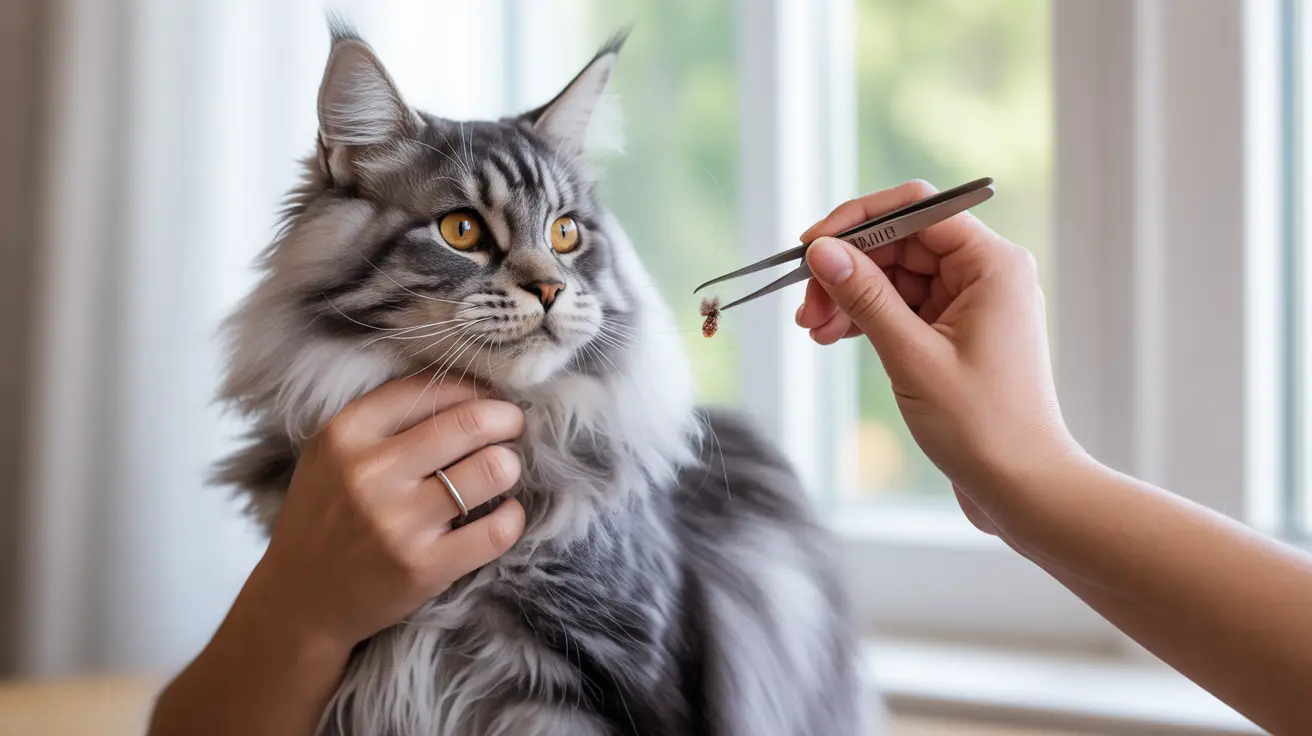Understanding Hip Popping in Dogs: What Pet Owners Need to Know
It's not unusual for pet owners to hear a clicking or popping sound when their dog walks or moves, especially from the hip area. While some of these sounds are harmless, others can indicate underlying joint conditions. This article explores the potential causes of hip popping in dogs, how it's diagnosed, and the best ways to manage or prevent serious issues.
What Causes Hip Popping in Dogs?
There are several reasons why a dog’s hips might produce popping or clicking sounds:
- Normal joint movement: Sometimes, joints make noises due to air release or soft tissue movement. If your dog isn’t in pain, this is usually nothing to worry about.
- Ligament or muscle movement: Tendons or muscles snapping over the joint during movement can cause a popping sound, especially if there are minor imbalances or anatomical variances.
- Hip dysplasia: This common condition is characterized by a loose hip joint, which can result in the femoral head shifting in the socket, often producing a popping noise. It's especially prevalent in large and giant breeds but can occur in any size or breed.
- Osteoarthritis: Over time, cartilage degradation can lead to bone rubbing against bone, causing both pain and detectable noises in the hip joint.
- Osteochondritis Dissecans (OCD): This condition involves a flap of cartilage separating from the bone, creating irritation and possible joint noise.
- Injury or trauma: Recent physical impact or accidents can lead to instability in the hip resulting in popping or clicking during movement.
- Joint infections: Inflammation from bacterial or fungal infections can affect joint function, sometimes causing audible sounds.
- Hip subluxation or dislocation: Partial or complete dislocation can lead the hip to 'pop' in and out, leading to clicking sounds during motion.
Signs That Hip Popping May Be a Problem
While an occasional, painless click might be benign, certain signs suggest a deeper concern:
- Limping or lameness in a hind limb
- “Bunny-hopping” gait, especially on stairs or at a run
- Swaying movement or unsteady gait
- Reluctance to get up, jump, or climb stairs
- Loss of muscle mass in the hindquarters
- Enlargement of front shoulder muscles due to compensation
- Decreased activity or reluctance to play
- Pain or discomfort when hips are manipulated
- Stiffness, especially after rest
Understanding Hip Dysplasia and Its Link to Popping Sounds
Hip dysplasia is primarily a hereditary condition where the ball and socket of the hip do not fit or function properly. This misalignment leads to excessive joint laxity, abnormal motion, and eventual joint deterioration. The looseness can cause frequent misalignment during movement, resulting in popping or clicking sounds. Environmental influences such as rapid growth, poor nutrition, or strenuous activity at a young age may exacerbate the problem. Symptoms can manifest in puppies as early as 6 months or may only emerge later due to arthritis development.
How Is Hip Popping Diagnosed?
If your dog consistently makes popping sounds or shows signs of discomfort, a veterinary exam is essential. Diagnosis typically includes:
- Physical examination and gait observation
- Manipulation tests like the Ortolani sign to detect joint laxity
- Imaging, especially X-rays, to confirm structural abnormalities
Two common radiographic screening methods include:
- OFA certification: Evaluation at 24 months of age for breeding purposes
- PennHIP method: Assessment starting at 16 weeks with a distraction index that predicts dysplasia risk
Treatment and Management Options
There is no cure for hip dysplasia, but effective management options exist:
- Weight management: Reducing body weight lessens joint stress
- Controlled exercise: Regular, low-impact activities like walking or swimming help strengthen support muscles
- Joint supplements: Glucosamine, chondroitin, and omega-3s promote joint health
- Pain relief: NSAIDs and other medications prescribed by a vet ease discomfort
- Physical therapy and hydrotherapy: Improve mobility and strength
- Environmental changes: Ramps, orthopedic beds, and non-slip surfaces reduce joint strain
In severe cases, surgical interventions may be advised:
- FHO (Femoral Head and Neck Ostectomy): Removal of the femoral head to create a false joint, ideal for small dogs
- TPO (Triple Pelvic Osteotomy): Surgical reshaping of the socket for young dogs
- Total Hip Replacement: Replacement with a prosthetic joint, suitable for dogs with advanced degeneration
- Juvenile Pubic Symphysiodesis: Preventive fusion of pelvic bones in high-risk puppies under 5 months old
Can Hip Popping Be Prevented?
While you can't always prevent joint noises, especially those from benign causes, certain steps help minimize risk in predisposed breeds:
- Choose a responsible breeder: Ensure breeding dogs are radiographically certified
- Feed a balanced diet: Especially for large-breed puppies, to avoid rapid growth
- Maintain ideal body condition: Avoid overfeeding or excessive weight gain during development
- Avoid strenuous activity: Limit stair climbing and jumping in puppies under 3 months
- Encourage safe, moderate exercise: Walks and play sessions on stable surfaces
When to See a Veterinarian
If your dog’s hips pop frequently and the dog shows any sign of discomfort, stiffness, or reduced mobility, a veterinary visit is warranted. Early diagnosis allows for better management and can significantly improve your dog’s quality of life.
Conclusion: While hip popping in dogs can sometimes be harmless, it’s crucial to observe accompanying symptoms. Being proactive with nutrition, exercise, and preventive care can greatly reduce the severity or onset of conditions like hip dysplasia. Always consult a veterinarian if you notice new or worsening signs in your dog’s movement or comfort levels.





